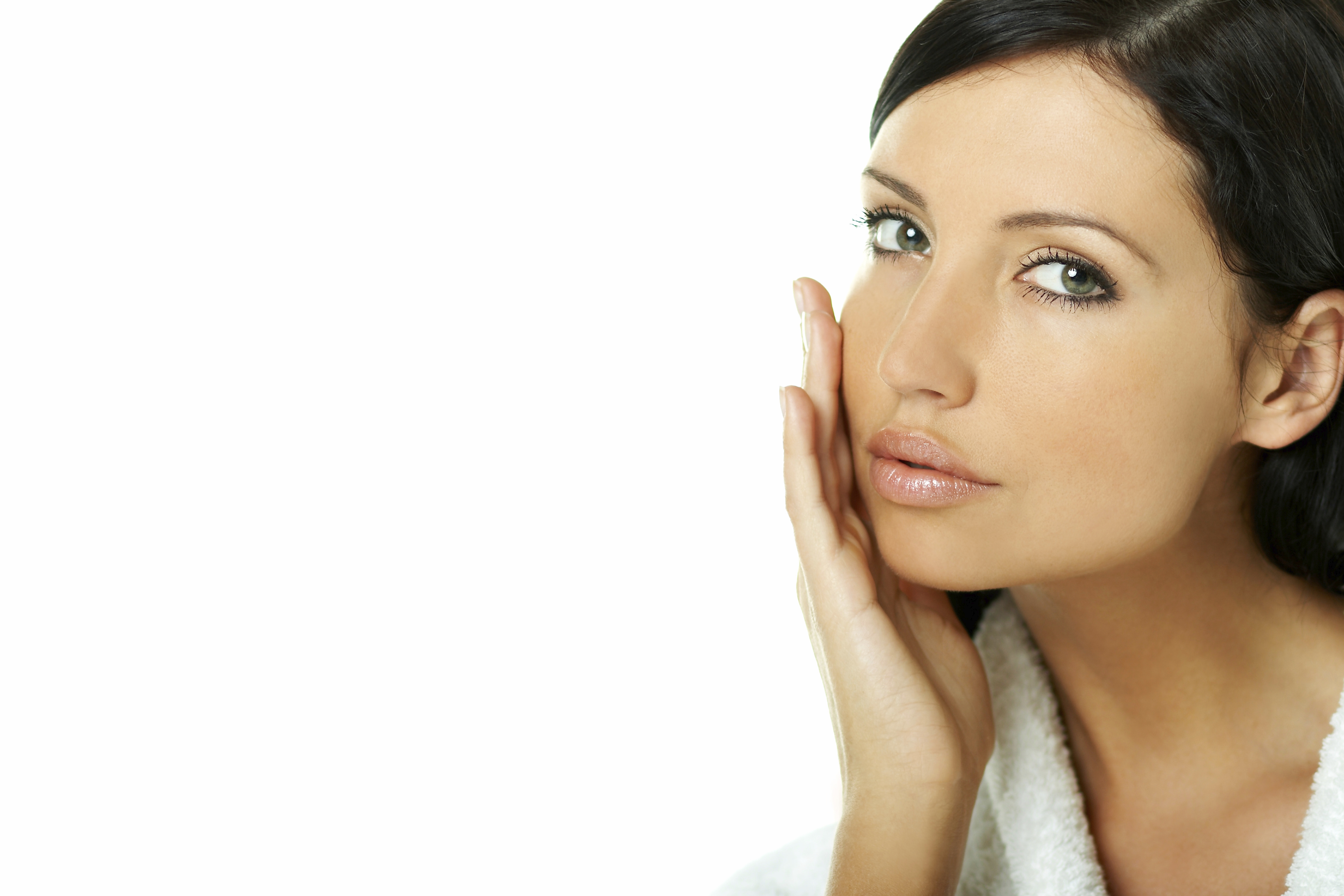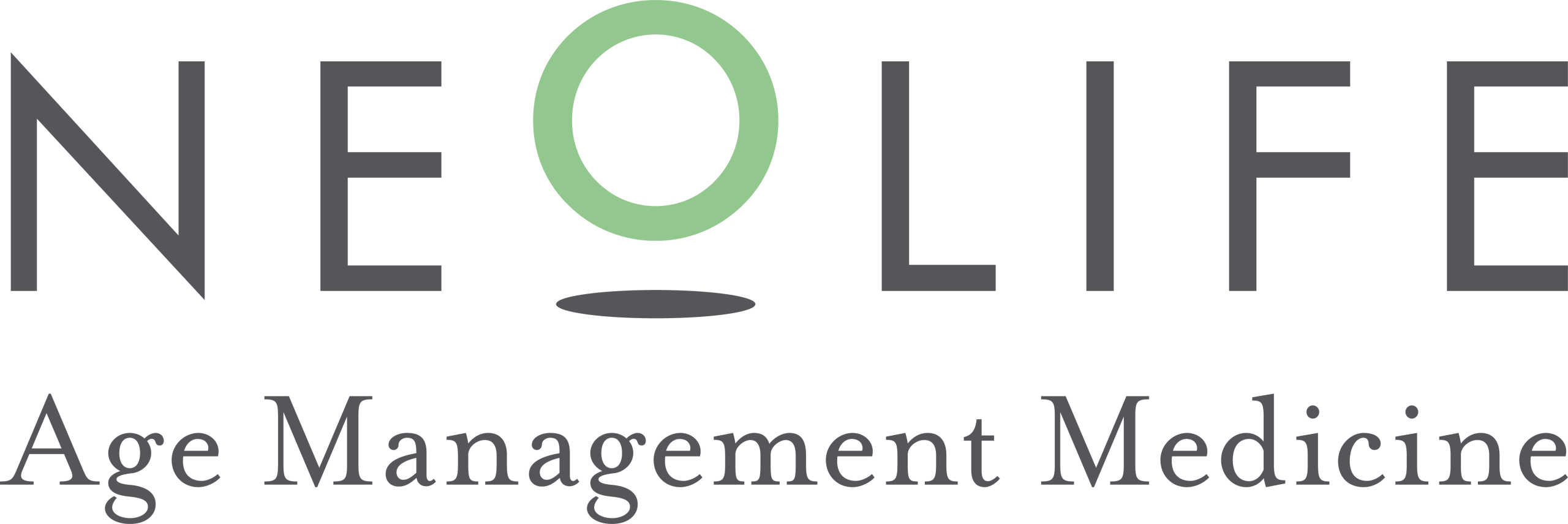Bioidentical hormone replacement therapy is, together with other treatments related to aesthetic and cosmetic medicine, one of the fundamental foundations for maintaining healthy and younger looking skin and hair.
The hormonal decline associated with the ageing process is known to affect our skin; causing amongst other symptoms, the appearance of wrinkles, dryness, paleness and loss of thickness in the skin. Hormone replacement therapy – estrogen, progesterone, thyroid hormones, testosterone, DHEA and melatonin – have been shown to slow down the ageing of the skin.
Neolife medical management
The ageing process of the skin is caused by external factors (tobacco, poor nutritional habits, lack of sleep) and internal factors, such as a decrease in hormone levels.
The ageing process affects all organs and tissues in the body, some of which are significant to the maintenance of good health and quality of life – such as the heart, brain, glands, muscles or bones – but also others which, although they are not vital to our health or quality of life, do have an important effect on our self-esteem and physical appearance, such as skin and the extensions (e.g. hair, nails).
It is widely accepted that over the years our hormone levels decline, sooner or later to a greater or lesser intensity as we age. Melatonin, growth hormone, DHEA, estradiol, progesterone, testosterone etc. all decline to approximately 50% of their maximum value from our youth by the time we reach 50 years old and fall further to approximately 25% by the time we reach 70 years old.

It is not that the hormonal decline is responsible for our ageing, it is that ageing causes our hormone levels to fall. However this hormonal decline does directly effect many of the symptoms associated with ageing itself: fatigue, insomnia, mood swings, joint pains, loss of concentration and memory, increase in weight, decreased libido and, of course, the appearance of wrinkles, dryness, paleness and loss of skin thickness.
These symptoms are a manifestation of what is known as extrinsic ageing of the skin and are triggered by external factors, such as ultraviolet rays, environmental pollution and detrimental lifestyles (smoking, lack of sleep, poor nutritional habits). On the other hand, the skin also suffers intrinsic ageing, which is triggered by the passage of time and caused by genetic mutations, inflammatory processes, loss of subcutaneous fat and a decrease in hormonal levels, amongst other causes.
Estrogens.
This group of hormones (estradiol, estriol and estrone) is perhaps the most important when it comes to maintaining healthy and fresh-looking skin. Although admittedly it does seem strange that part of the production of estrogen takes place in the skin. These hormones influence the thickness and moisture of our skin and the formation of wrinkles. They also increase glycosaminoglycans and hyaluronic acid, maintaining the integrity of the skin. Furthermore, they increase the production of collagen and elastin, which maintains skin thickness, hydration and helps prevent the formation of wrinkles and maintain skin softness. As such any decrease in estrogen is associated with a lower density of blood capillaries in the skin which results in a pale yet healthy appearance. Estrogen also influences the maintenance of strong and silky hair. A decline in estrogen levels in the puerperium (after childbirth) and during the menopause are the main cause of dry, fine and brittle hair. Finally, this decrease can also be associated with an increase in fine facial hair.
In conclusion: maintaining an adequate estrogen level, especially 17 beta estradiol during perimenopause, menopause and post-menopause is essential for healthy skin and hair.
Progesterone.
This is another of the conventional hormones used in hormone replacement therapy, both in pre-menopausal and post-menopausal women. This is principally because this hormone naturally declines as a result of the anovulatory menstrual cycles before the menopause. However, the hormone has a direct effect on the skin and the effect on the nails is still unknown.
Thyroid hormones.
They are responsible for regulating the metabolism of all our tissues; can affect brain development, respiration, body temperature, muscle strength, bone density, menstrual cycles, weight, cholesterol levels, dry skin and hair fragility. Although the decline in thyroid hormone levels in plasma throughout our lifetime is not as noticeable as that of other hormones our cellular receptors for these hormones begin to lose functionality and it is not uncommon for individuals to report having more or less florid symptoms typically associated with an underactive thyroid or a subclinical hypothyroidism from the age of 45. Fatigue, feeling of cold, weight gain, thin and dry skin, fine and brittle hair and your general decline are key symptoms of an underactive thyroid.
Testosterone and DHEA.
Testosterone is, along with estradiol, the leading hormone in bioidentical hormone replacement therapy for both men and women due to the reported beneficial effects. Whilst, DHEA, as a weak androgen, is also widely used in anti-ageing preventive medicine treatments due to the numerous beneficial effects associated to the androgen. The effects on skin and hair are widely known. On the one hand, the androgen maintains skin thickness, hydration and healthy appearance, but on the other there are numerous unwanted side-effects such as hirsutism, fine facial and body hair, oily skin, acne and, sometimes, increased hair loss. However, the latter has not been scientifically proven.
One third of women who have thin hair and/or hair loss have presented with decreased testosterone values whilst, two thirds of women treated with testosterone have reported an increase in hair thickness, that is ultimately a beneficial effect. In reality, female androgenic alopecia is talked about because of the hair loss pattern but this is not directly attributable to testosterone.
Melatonin.
This is one of the key hormones responsible for healthy ageing. The hormone has essential chrono-regulatory functions as well as powerful antioxidant effects. Melatonin cream has been used in the treatment of mucositis and radiodermatitis produced by radiotherapy of cancer patients with magnificent results. Recently said melatonin creams, together with coenzyme Q10, have been used as preventative treatments for intrinsic and extrinsic skin ageing. The cream acts at a mitochondrial level causing the production of energy required for the cell to function properly. The results during treatment are an increase in the synthesis of proteins such as collagen and elastin, an increase in hyaluronic acid, as well as other key skin components. The melatonin reverses the damage caused by oxidative stress, pollution, lack of sleep, smoking, and the sun, amongst other external factors.
The levels of all the hormones discussed above should be measured as part of any properly managed bioidentical hormone replacement therapy, like the one we perform at the Neolife clinic. This, together with our clinical experience and our physical examination of the patient ensures that we are able to provide the correct hormone prescription at the appropriate dose and using the most effective application method.
Bioidentical hormone replacement therapy is, together with other treatments related to aesthetic and cosmetic medicine, one of the fundamental foundations for maintaining healthy and younger looking skin and hair.
